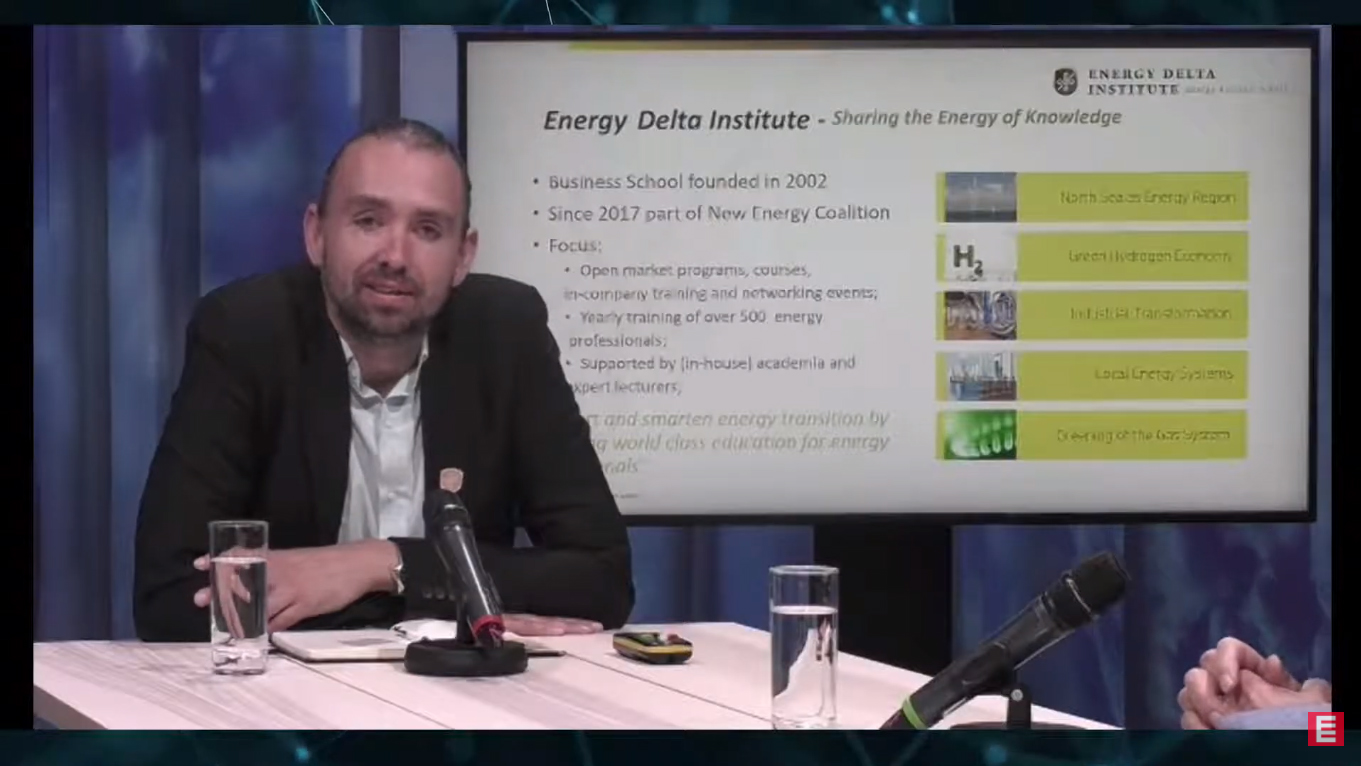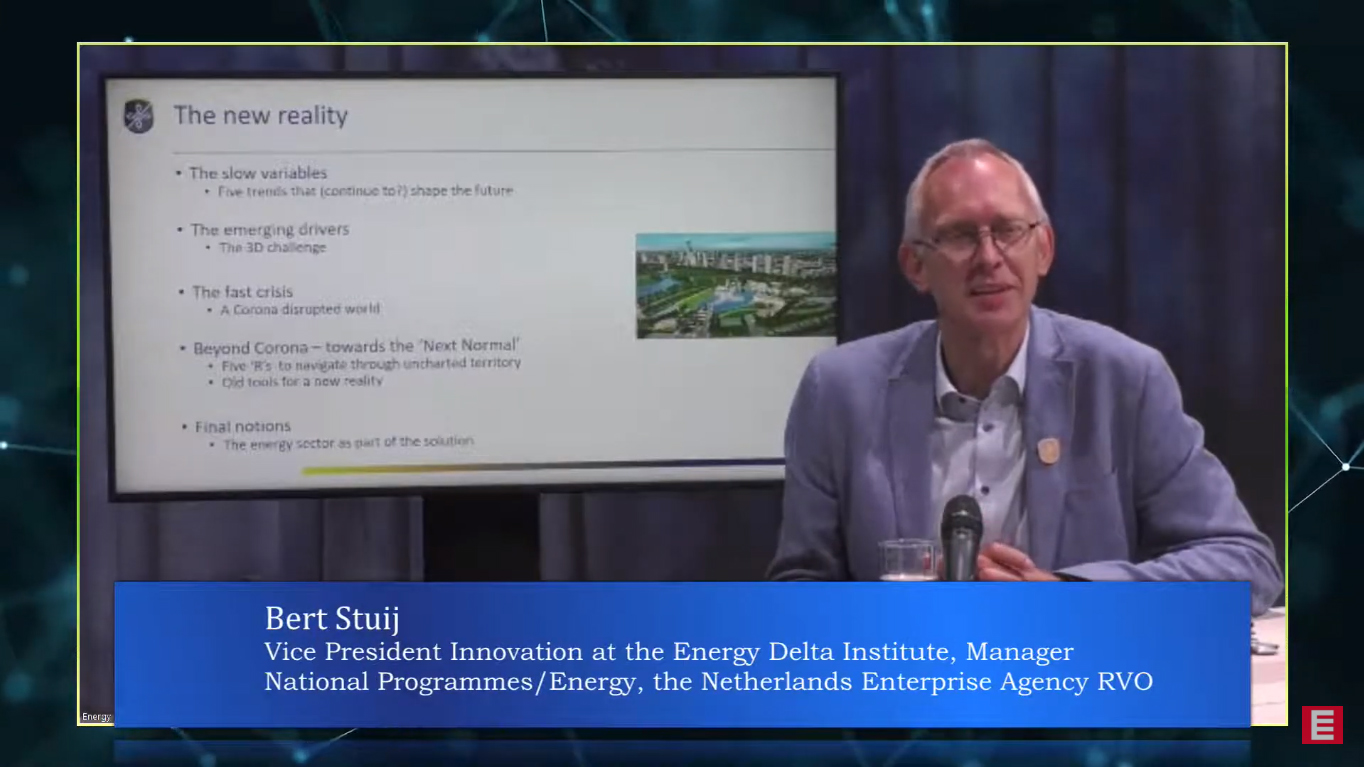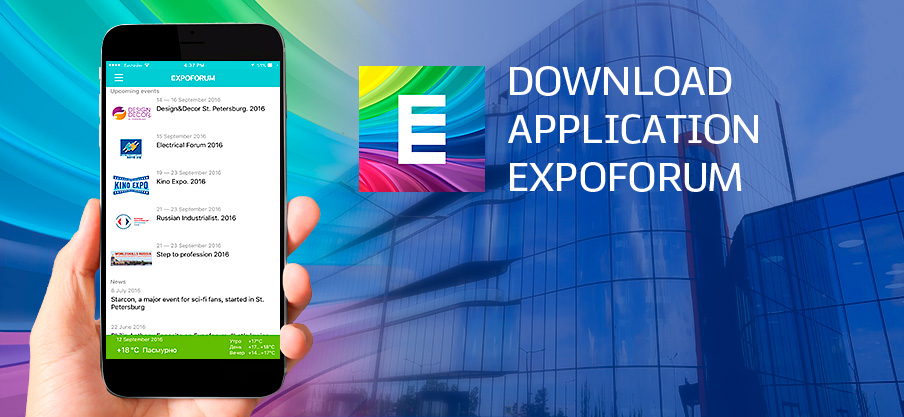Energy today: new reality, new opportunity
On July 9 2020 a webinar has been held on the topic “New energy business models in times of crisis”. This was the first webinar of the series. Pandemic COVID-19 has captured the whole world bringing changes to the most sectors, including energy sector. What shell the companies start with to adapt to the challenges of global crisis?
Moderator of the webinar was Leon Stille, General Manager Energy Delta Institute (EDI). The speaker was Bert Stuij, Vice President Innovation at the Energy Delta Institute (EDI) and Manager National Programmes/Energy at the Netherlands Enterprise Agency RVO, a government institution.
On this first webinar of a series organized together with the St. Petersburg International Gas Forum, Bert Stuij discusses the implications and challenges that disruptive times, like the one we are currently experiencing for the last five to six months, present to companies and specifically to organisations in the energy sector. In particular, he tackles what does it mean for the organisation’s business models and how new models could arise from these new realities. Moreover, what are the current business models responses to time of crisis.
Bert mentions: “If you are thinking of redesigning your business model, it is not only the crisis you need to contend with, but you also have to realise about the underlying trends that will continue to shape the future”. He brings this into correlation with the fact that many companies where already adapting their models to these slow variables before the crisis. Therefore, companies are now dealing with a fast crisis, that could serve as a catalyst to accelerate an already undergoing energy transition. Bert emphasizes “the transformation in the energy sector can be perhaps also the catalyst to repair the world”.
With regards to the slow variables, he acknowledges five trends that have been – and will continue to shape the world: The Race to the Cliff (scarcity of resources leading to climate change, biodiversity loss, resource exhaustion), The Great Equalization (leading towards a convergence of the per capita demand of energy), The Trek to the Cities (one urbanized and connected megalopolis), Technological Acceleration and Pervasive Connectivity (calling for transparency, collaboration and responsibility). These should be seen as “a call for changeability and agility” and not as threats but as opportunities.
When redesigning your business models, there are several methods to choose from. Bert suggests three methods: SWOT analysis “Old SWOT tools are helpful again in redefining your strategy and rebuilding scenarios that can survive in a variety of different worlds. From global efficiency to local resilience? How can you position yourself in offering something that is of public necessity? It is now the moment to capitalize on the changes towards satisfying public interest and public necessity”. Secondly, building different explorative scenarios, which are not only utopias but also dystopias, and identifying the strategies to survive them, will most likely lead to a stronger and faster reaction when the times call for adaptation, providing more flexibility and responsiveness to the business models. As a third method, he proposes the effective use of charting a business model and strengthening your core business through innovation.
On the last note, Bert finalizes by stating “The table is turned, to keep us afloat” meaning the current situation is very much like a turned table, which should be seen as the rise of new opportunities.
Energy Delta Institute is the world’s leading energy business school founded jointly by the Dutch companies N.V. Nederlandse Gasunie, Gasterra, Shell, University of Groningen and JSC “Gazprom” from the Russian side. We offer a unique range of programmes that cover all parts of the energy value chain and all aspects of the great energy transition. Our programmes are led by top academic researchers and senior industry experts and are fully up to date on the latest developments in the global energy sector. For more information about Institute please visit the website: www.energydelta.org.
The event was sponsored by Gazprombank (Joint Stock Company).

 Calendar
Calendar
 Online application
Online application
 Map
Map
 How to get
How to get





